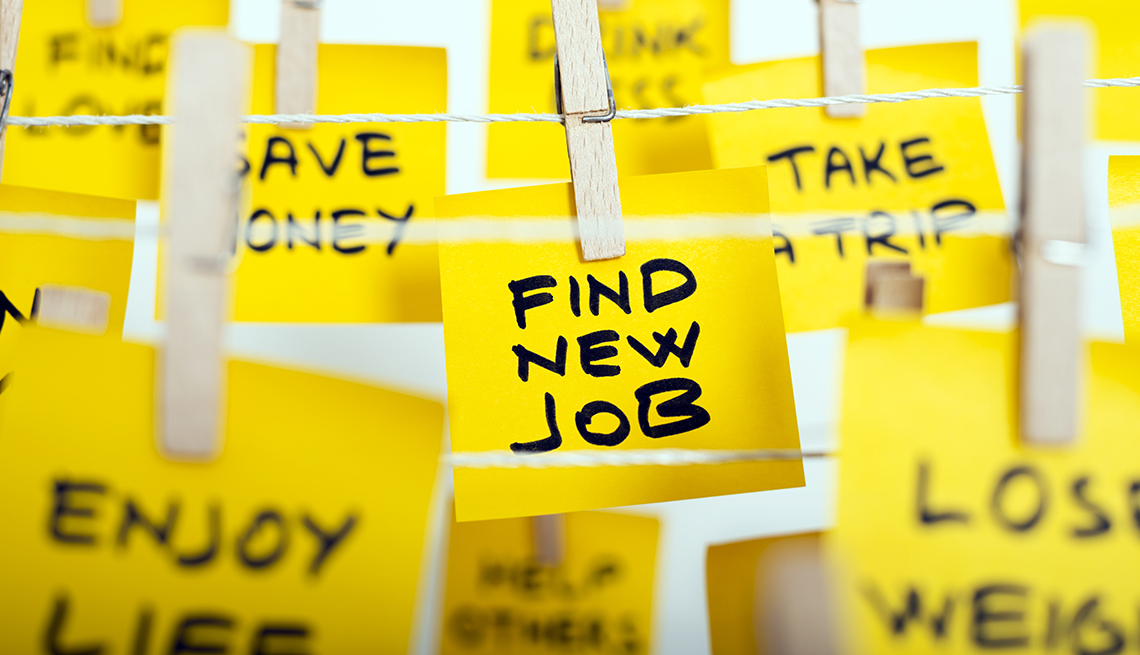Play all audios:
HOW TO UPDATE YOUR RÉSUMÉ AND COVER LETTER Earlier in your career, you may have had one version of your résumé that you sent for every job opening. Today, it’s easy and more effective to
customize your résumé and cover letter for each posting. However, Berndt says you shoudn’t get carried away with customization. In his career, he’s mostly worked in technology and higher
education, so he has two versions of his résumé — one for each “world.” Each résumé uses the language common to the jobs in those fields, but he wouldn’t create a new résumé for each
prospective opportunity. “I don’t change all that much and what I’m looking for doesn’t change all that much,” he says. Cover letters are a different story, he says. Create a customized
cover letter tailored to the opportunity. Janet Mertens, senior vice president and head of research at The Josh Bersin Company, a human resources consultancy, says you should make your
résumé and other application forms use keywords that appear in the job posting. “AI [artificial intelligence] tools are the first access points,” she says. If the right keywords are not in
your materials, you might not make the first cut. Be sure to check your résumé for graduation dates or other details that might reveal your age to recruiters to minimize the chances of age
bias hurting your job search. HOW TO USE YOUR NETWORK TO FIND A NEW JOB “Over the course of your career, you’ve developed a vast network,” Reisdorf says. “Reach out to your contacts and
research companies that have openings and fit what you’re looking for at this stage of your career.” Berndt adds that information-gathering interviews can play a critical role in helping you
decide what your next move should be — and possibly in uncovering new opportunities. MAKE SURE TO SHOWCASE CRITICAL JOB SKILLS Older workers may need to pay particular attention to how
they’re presenting themselves to hiring managers, Mertens says. Job skills you learned years ago may now be outdated, especially with the arrival of new technologies such as ChatGPT and
similar types of artificial intelligence. (Research in one recent edX report estimated that half of the skills necessary in today’s workforce would be obsolete by 2025 thanks to generative
AI.) Job seekers should review their documents to make sure they’re emphasizing what Mertens calls “power skills” like empathy, mobility, adaptability, collaboration and problem-solving.
Showcase additional training or work you have done in attaining new skills to show that you’re always learning. “For job seekers, understanding what critical skills are in the market and in
their industry, and showing that constant continuous upskilling is going to be really, really important,” she says.

